Not Enough Enlistees
As the security environment around Japan becomes increasingly worse and more personnel are required for overseas missions such as counter-piracy operations, the Japanese Self-Defense Forces (JSDF) is struggling to maintain its current configuration.
Over the past decade, the fill rate, which indicates the actual number of personnel relative to the planned figure, has hovered around 91〜93%.
At first glance, this figure is pretty impressive, showing no sign of immediate labor shortage, but when we examine the actual numbers, it means the JSDF is operating with a shortfall of approximately 19,000 people.
If we further break down this number by rank, the NCO class maintains a high fill rate of 98%, whereas the fixed-term enlisted soldiers, who are suppose to form the bulk of any military, only has a 75〜80% sufficiency rate.
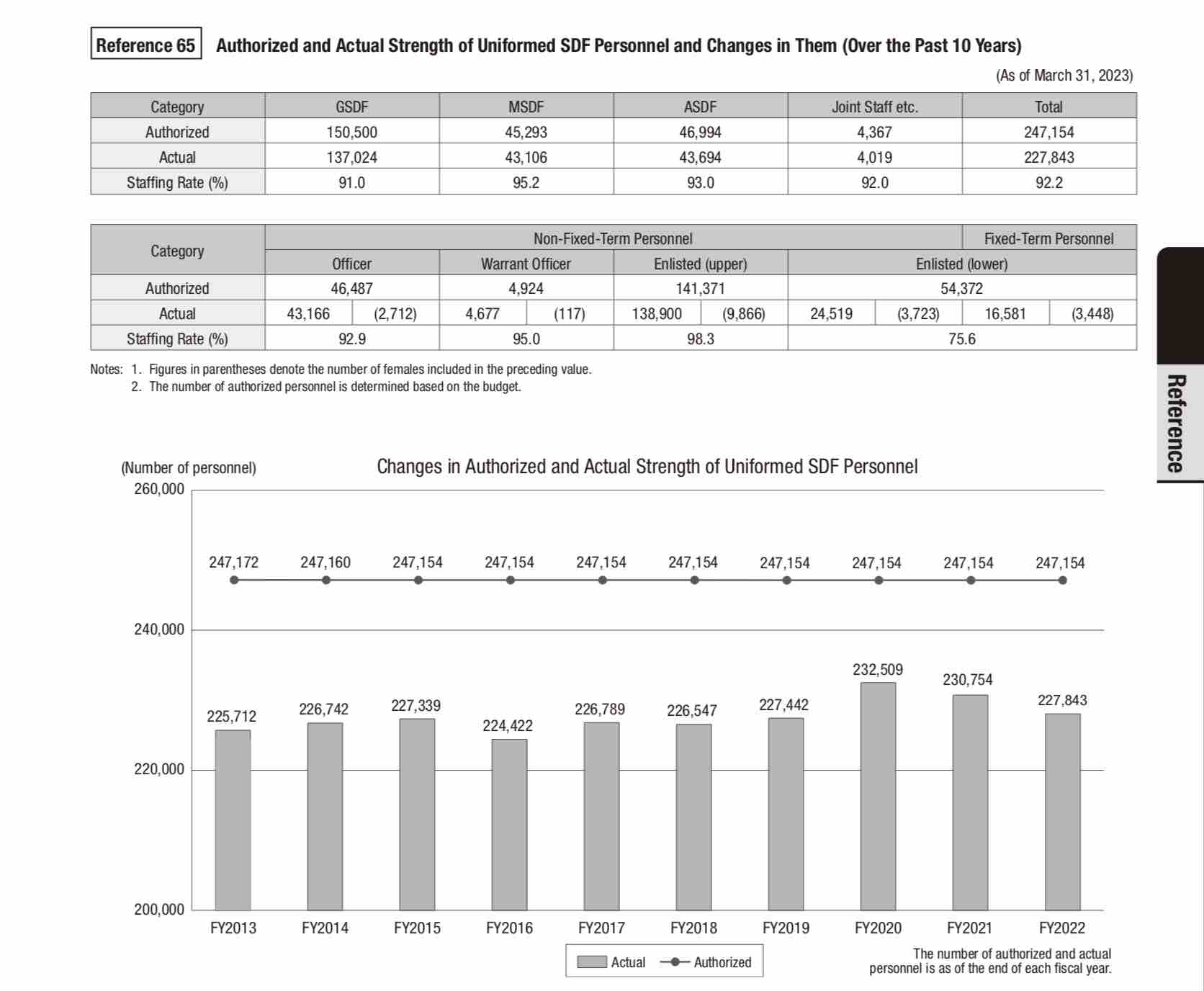
Any healthy military organization should have a large number of young enlistees to bear most of the frontline duties, and achieve organizational refreshment through their coming and going.
However, the current state of the JSDF is far from ideal, with a disproportionate number of officers and NCOs doing most of the work, resulting in an imbalanced structure. In the JSDF, it isn’t such a rare sight to witness a “major” doing some cleaning around the base.
So, why can’t Japan recruit enough non-NCO soldiers?
The main reason lies in the fact that these enlisted soldiers are temporal jobs rather than permanent occupations. From a career perspective, it is only natural to pursue stability over fixed-term contracts, making the NCO positions much more appealing to the average person.
That being said, given the necessity for a younger workforce to achieve operational capability, Japan must at least maintain the current level of enlistees, but even this is unachievable because of the serious population decline.
Are The Benefits Free?
First, we must acknowledge the grim reality that the declining birthrate is unstoppable and Japan will never recover population wise.
Accordingly, labor shortage is now a common predicament shared throughout the country, but the JSDF is at an disadvantage since they can only recruit the dwindling number of Japanese citizens, unlike private companies that can hire foreigners.
At this point, recruiting officers and public relations can only do so much. It is time to drastically improve the benefits in order to both retain existing personnel and attract new talented individuals.
Regarding actual benefits, the JSDF has been longed using the phrase “free clothing, food, and housing” as their key message towards potential recruits. But, this appeal is misleading to say the least.
Obviously, clothing refers to the uniforms, but how many people would actually join the military for this cause? There may be quite a handful, but that would be far from sufficient in maintaining the present numbers, let along fill in the gap of 19,000 people.
Next stop we have food, which is served three meals a day, 365 days a year at the mess hall, but this part is also tricky. Part of the cost is actually deducted from the individual’s salary, though the overall expense is exponentially lower than eating outside the base. Nonetheless, the phrase “free chow” doesn’t really live up to its words in reality.
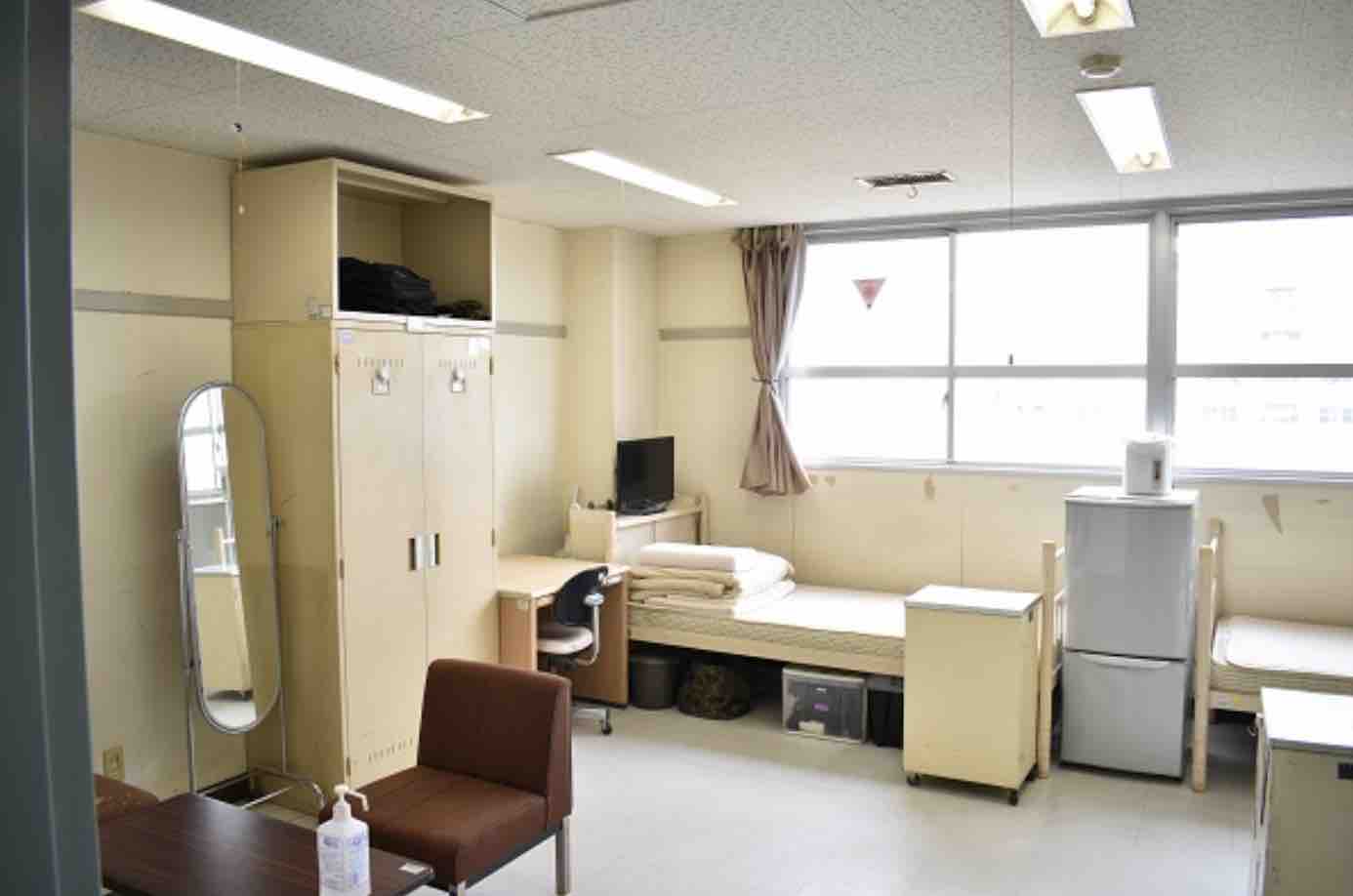 A typical room in a JSDF barrack (photo: JGSDF)
A typical room in a JSDF barrack (photo: JGSDF)
Last the housing, a.k.a the barracks.
As the case with any military organization, enlisted soldiers are required to live in a dormitory shared by their colleagues and seniors, but the specific hierarchies, rule, and restrictions vary depending on the base.
Needless to say, such living quarters are far from being “attractive” for the current young generation who are accustomed to having a large amount of freedom.
Moreover, while the JSDF doesn’t charge any rent for these barracks, the residents may have to pay a portion of the utility bills.
So, the benefits often advertised by recruiting officers are not quite true.
Increase Compensation.
If the existing benefits are insufficient in attracting people, the quickest way to do so is by significantly raising the salary.
Being hired by the government does provide stability compared to the private sector, but given the mandatory on-base residence and other restrictions, the overall merits seem dim compared to the outside world.
If the JSDF really wants to secure enough talent, the salary alone needs to be 1.5 times to twice of that of major companies, at the bare minimum. This is especially the case in the Navy, where long voyages prevent the use of smartphones.
Present-day Japan is not Imperial Japan where people joined the military because they could eat white rice every day. Monetary incentives like high compensation and exemption of scholarships are the key nowadays.
Surely, some would still enlist out of a sense of patriotism, but they are a minority within the 228,000-strong organization. Above all, relying on one’s patriotism without improving benefits is just sheer procrastination and exploitation by the government.
Abolishing Some Customs
In addition to increasing the salary, improving the work environment is also essential for the recent newcomers.
Following the gross sexual harassment incident in Army, the Defense Ministry has been cracking down on both sexual harassments and abuse of authority at an unprecedented scale.
Although sexual harassment is unacceptable in any form, defining “abuse of authority” can be more challenging.
Being a heavily armed organization, strictness is inevitable in maintaining discipline, especially in the case of life-threatening situations. Strict discipline is often required for preventing fatal errors, such as reprimanding a soldier accidentally pointing a gun at someone else.
Furthermore, individuals need to endure and overcome combat stress as soldiers, requiring them to develop a level of resilience unseen in the private sector.
On the other hand, physical punishment and irrational use of authority must be eradicated. As in any organization, immense authority will spoil most human beings, and the military is no exception with complacent commanders issuing unjust disciplinary actions or even acting like tyrants.
Taking all these factors into account, the ultimate criteria in assessing the abuse of authority seems to lie within the following : (1) whether the action is based on rationale, (2) whether it contributes to future growth of the individual or improvement of the situation.
The Infamous Standby System
Finally, let us discuss the specific living environment.
To some’s astonishment, it was not that uncommon for soldiers to purchase their own toilet papers on base due to the lack of military budget.
With the sudden increase of defense spendings, these conditions have been finally rectified, but there are still many measures that can be taken, such as the installing enough washing machines to alleviate the daily competition and enhancing recreational facilities on base.
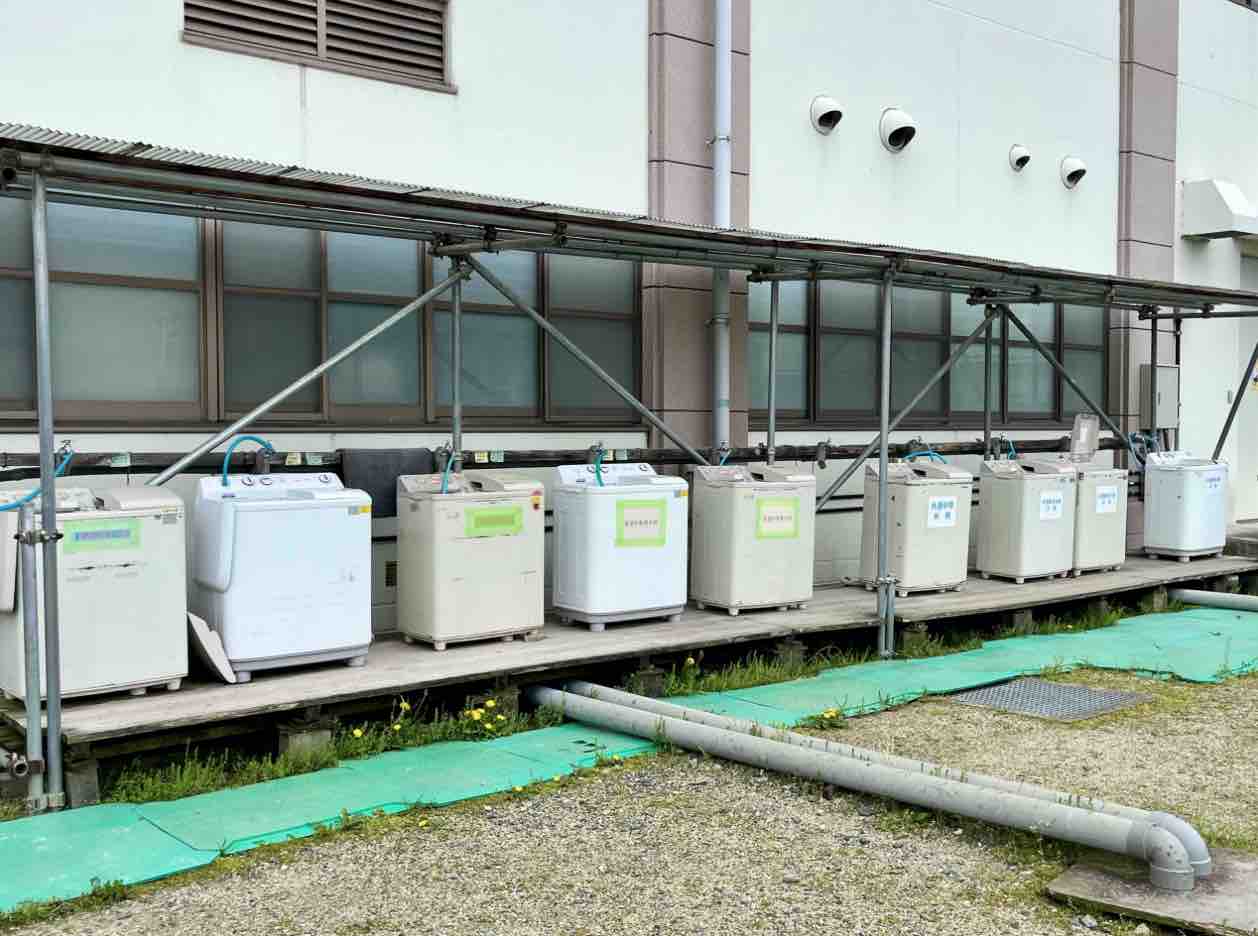 Washing machines: not enough, often broken
Washing machines: not enough, often broken
Among the many dissatisfactions, the “standby system” in particular is extremely unpopular within every branch of the organization.
This is basically requiring a certain number of service members to remain on base during their days off in order to immediately respond towards any nearby emergency.
While it is necessary to have a minimum number of personnel always on standby due to the unpredictable nature of contingencies, the current system has much room for improvement.
Despite not being able to go out on their well-earned days off, standby personnel do not receive any allowance for this de-facto duty, virtually forcing them to waste their weekends.
If you’re going to force someone to miss out on their weekends outside the base, these personnel should receive some form of compensation at the very least, or the base’s recreational facilities should be improved.
Yes, it is possible to enjoy games and Netflix on smartphones, but management should not leave it up to such individual entertainment.
Even at large bases, there are often only small libraries labeled “the recreation room” with outdated DVDs, books, and magazines.
Of course, it is not be feasible to reach the level of the US military in terms of recreational facilities, but it is the government’s responsibility to ensure that people forced to stay on base can at least find some viable option for entertainment.
 If you’re lucky, you’ll get a lawson on base
If you’re lucky, you’ll get a lawson on base
To make matters worse, many recruits end up joining without a clear understanding of this standby system.
They are often enticed by being guaranteed “two days off per week” and “leave on weekends” only to feel deceived when they discover the reality.
It is understandable that recruitment officers have to highlight the positive aspects and downplay the inconvenient truths to appeal towards the general audience.
But, concealing the downsides would only lead to disillusionment and feelings of betrayal among new recruits.
On the contrary, it would be more efficient to convey the reality from the start, as transparency would help recruits become fully aware of what they are signing up for and can lead to higher retention rates in the long run.
Securing new recruits is of course crucial, but it would be meaningless if retention rates fall due to the sense of disappointment that could have been prevented in the first place.


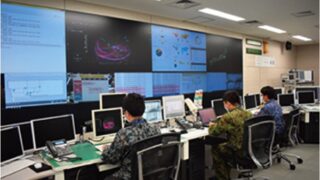

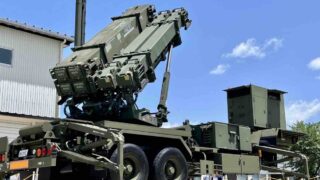



-320x180.jpg)
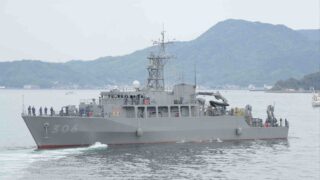







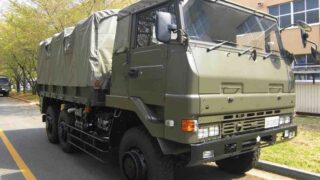

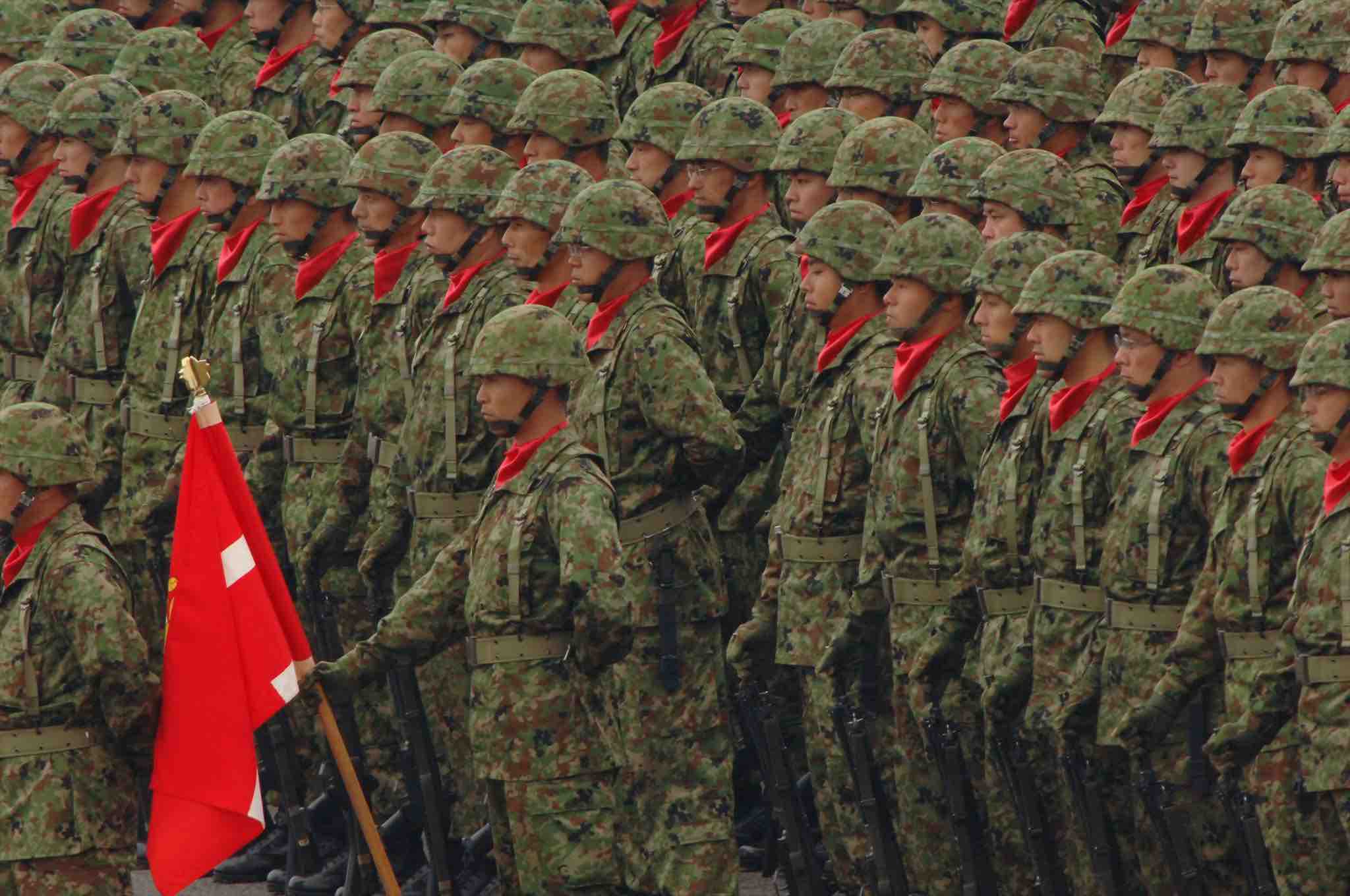
Comments